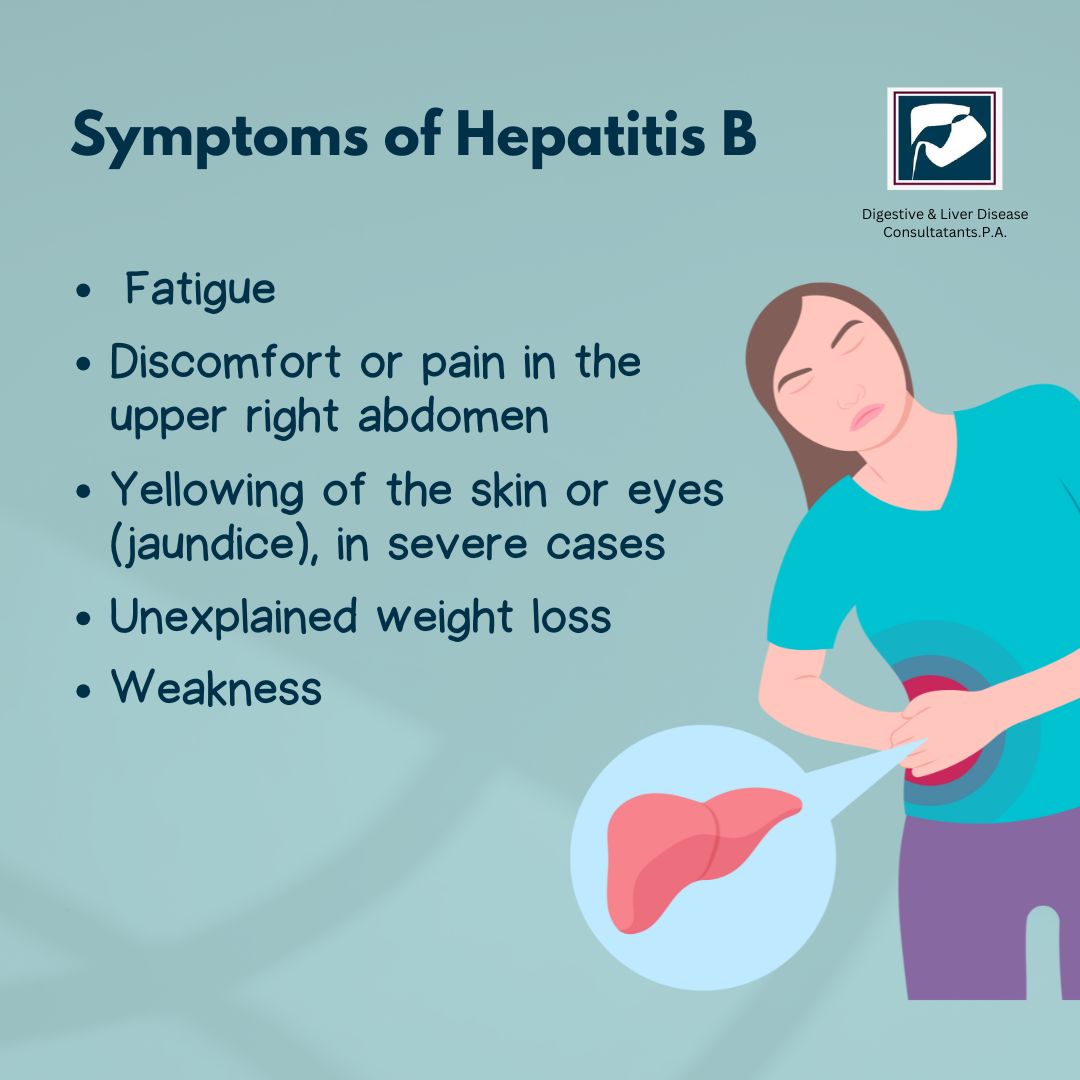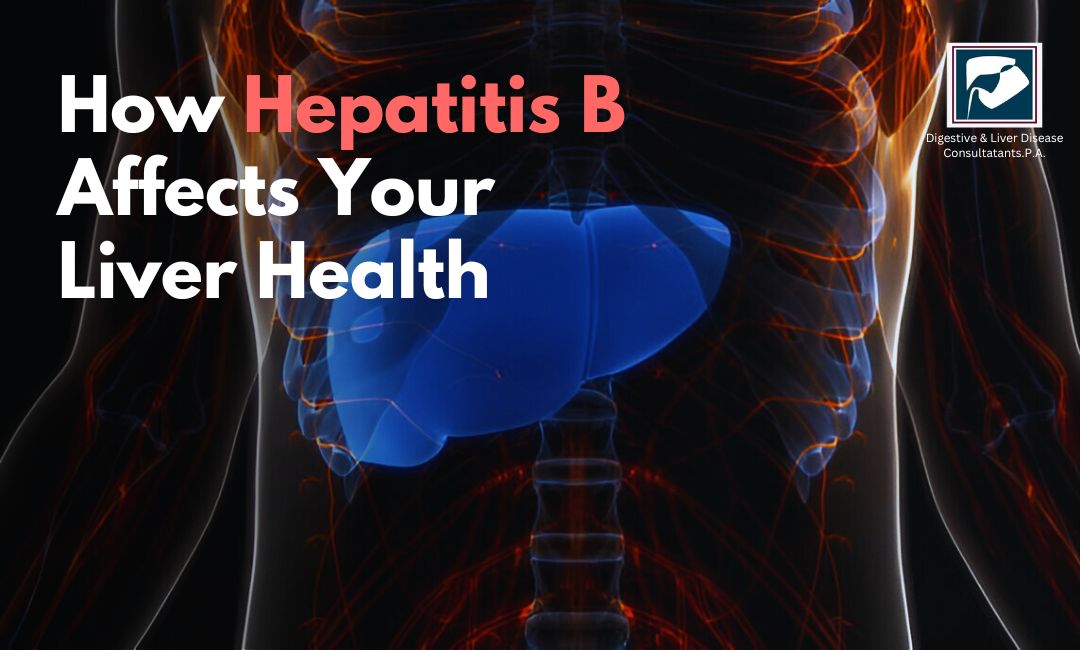Hepatitis B is a serious liver infection caused by the hepatitis B virus (HBV). While many people recover fully from acute hepatitis B, others can develop chronic infections that can lead to severe liver damage over time. Understanding how hepatitis B affects your liver health is essential for managing the condition and preventing long-term complications.
In this blog, we’ll discuss hepatitis B, how it impacts your liver, and what you can do to protect your liver health.
What Is Hepatitis B?
Hepatitis B is a viral infection that targets the liver. It spreads through blood, semen, or other bodily fluids. Common ways people get infected include:
- Unprotected sex with an infected partner.
- Sharing needles or syringes for drug use.
- From mother to baby during childbirth.
- Direct contact with infected blood through cuts or wounds.
Hepatitis B can be either acute (short-term) or chronic (long-lasting). While the acute phase may clear on its own, chronic hepatitis B can persist for years and lead to complications such as cirrhosis, liver failure, or liver cancer.
How Hepatitis B Affects Your Liver
Your liver plays a crucial role in filtering toxins, producing essential proteins, and aiding digestion. When hepatitis B invades, it can disrupt these functions and cause the following problems:
1. Liver Inflammation
The virus triggers your immune system to attack infected liver cells, causing inflammation. This is the body’s attempt to fight the virus, but prolonged inflammation can damage liver tissue.
2. Liver Scarring (Fibrosis)
Over time, repeated inflammation leads to fibrosis, where scar tissue replaces healthy liver cells. Scar tissue disrupts the liver’s ability to function properly.
3. Cirrhosis
If fibrosis becomes widespread, it can progress to cirrhosis. This advanced scarring severely limits the liver's ability to regenerate and perform vital tasks. People with cirrhosis may experience symptoms such as jaundice (yellowing of the skin and eyes), swelling in the abdomen, and fatigue.
4. Liver Cancer
Chronic hepatitis B significantly increases the risk of developing hepatocellular carcinoma (HCC), the most common type of liver cancer. Regular monitoring is essential for early detection and treatment.
5. Liver Failure
In severe cases, hepatitis B can lead to liver failure, a life-threatening condition where the liver loses its ability to function. This may require a liver transplant.

Symptoms of Hepatitis B
Many people with acute hepatitis B don’t notice symptoms. However, when they do occur, symptoms may include:
- Fatigue
- Nausea or vomiting
- Abdominal pain
- Dark urine
- Yellowing of the skin and eyes (jaundice)
For those with chronic hepatitis B, symptoms may not appear until significant liver damage has occurred. This is why regular check-ups are critical if you’re at risk.
Who Is at Risk?
Hepatitis B can affect anyone, but some factors increase your risk, such as:
- Having unprotected sex with multiple partners.
- Being born to an infected mother.
- Living in areas where hepatitis B is common.
- Working in healthcare or other jobs with potential blood exposure.
- Having a compromised immune system.
How Can You Protect Your Liver?
Taking proactive steps to manage hepatitis B can significantly improve your liver health. Here’s what you can do:
1. Get Vaccinated
The hepatitis B vaccine is safe and effective. It provides long-term protection and is a key tool in preventing new infections.
2. Regular Monitoring
If you have hepatitis B, regular blood tests and imaging studies can help monitor your liver health and detect complications early.
3. Avoid Alcohol and Toxins
Alcohol and certain medications can strain your liver. Limit or avoid these substances to reduce further damage.
4. Take Antiviral Medication
For those with chronic hepatitis B, antiviral drugs can suppress the virus and slow liver damage. Your doctor will determine the best treatment plan for you.
5. Maintain a Healthy Lifestyle
A balanced diet, regular exercise, and maintaining a healthy weight can support liver health and overall well-being.
Why Early Detection Matters
Catching hepatitis B early allows for better management and reduces the risk of severe liver damage. If you’re at risk or experiencing symptoms, don’t delay seeking medical advice. Screening for hepatitis B involves simple blood tests that can confirm your infection status.
When to See a Doctor
If you suspect you may have been exposed to hepatitis B or are experiencing symptoms, it’s crucial to consult a healthcare provider. At Digestive & Liver Disease Consultants, P.A., we specialize in diagnosing and treating liver conditions, including hepatitis B.
Our team of experienced doctors will work with you to develop a personalized care plan. Whether it’s managing chronic hepatitis B or monitoring liver health, we’re here to support you every step of the way.
Conclusion
Hepatitis B can have a significant impact on your liver health, but with early detection and proper care, you can take control of your condition and protect your liver. Don’t wait for symptoms to worsen—being proactive can make all the difference.
If you’re concerned about hepatitis B or your liver health, contact Digestive & Liver Disease Consultants, P.A., today. Our dedicated team is ready to provide the expert care you need to live a healthier life.






